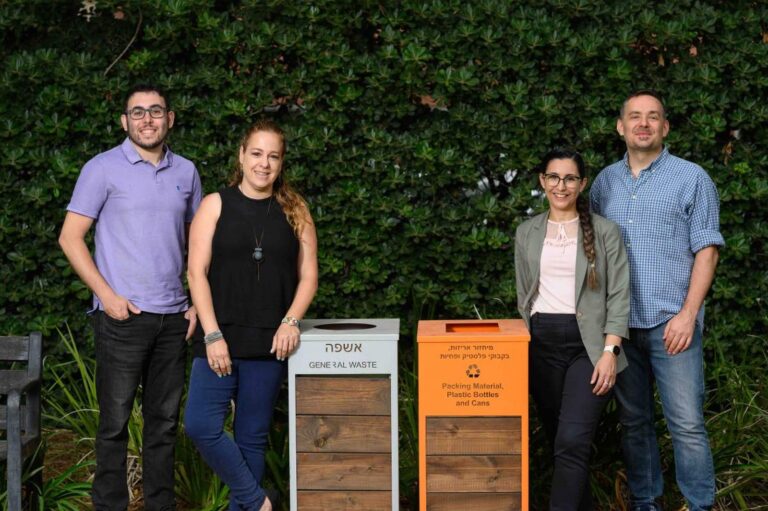Just like we protect ourselves on social media by deleting suspicious friend requests that might hide harmful content, our immune system deletes cells it suspects are harmful. It makes this judgment by patrolling for protein pieces called antigens that are generated when proteins break down.
But there’s a problem: Antigens on the surface of cancer cells somehow manage to evade the immune system’s watchful gaze.
To understand why, Prof. Yifat Merbl of the Systems Immunology Department at the Weizmann Institute of Science did a sort of dumpster dive, looking deep into the proteasome – the waste-processing machinery that produces antigens.
She and her team found a previously unknown mechanism that allows cancer cells to slip by immune system defenses. Their findings were recently published in Nature Cancer.
Cancer uses a different cookbook
The proteasome breaks down worn-out or damaged proteins into shorter protein chains called peptides. Some peptides are then recycled, while others get processed into antigens.
Led by Aaron Javitt and proteomics specialist Merav Shmueli, Merbl’s team created the first-ever map of proteasome degradation activity in patient-derived tumor cells.
“We applied our system to uncover what happens in the course of waste processing in tissues removed from patients with a common type of lung cancer,” Merbl said.
“When we compared peptides derived from cancer cells with those from adjacent, noncancerous tissue, we noticed differences not only in the subset of proteins that were degraded, but also in the way they had been processed and cut.”
Many proteasomes in the cancerous tissues contained the protein PSME4, which was rarely found in proteasomes from adjacent, noncancerous tissues.

Online databases confirmed the researchers’ guess that patients whose cancers had high levels of PSME4 are less responsive to immunotherapy.
Immunotherapy, a treatment aimed at enhancing the immune system’s cancer-fighting ability, is successful in only about 20 to 40 percent of patients.
The scientists explain that PSME4-enriched proteasomes cook up peptides that are particularly appetizing to immune cells. This “special recipe” fools the immune system into identifying the antigens as harmless, resulting in a compromised immune response.
Experiments on mouse models of lung cancer showed that injecting cancer cells with reduced PSME4 expression enabled the mice’s immune systems to eliminate the tumors. Injections of cancer cells with excessive PSME4 resulted in gigantic tumors and a negligible immune response.
“Our study focused on the proteasome in lung cancer, but our data indicate that there are other cancer types where PSME4 is abnormally abundant,” said Merbl.
Her lab hopes to develop a treatment to reduce PSME4 levels in cancer or block its binding to the proteasome, making tumors potentially more responsive to immunotherapy.

















